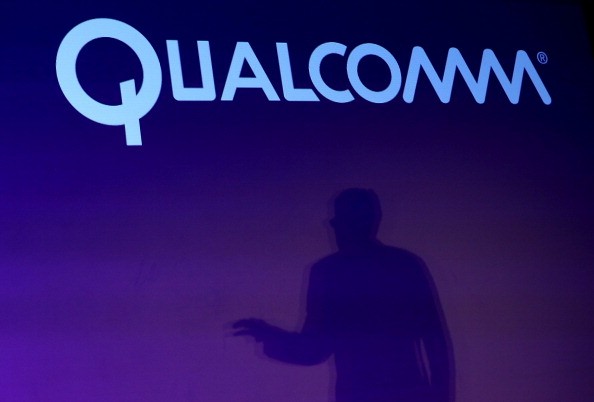The U.S. chipmaker has filed a complaint in a Beijing court against Meizu Technology Co. over its alleged violation of intellectual property, according to The Wall Street Journal on Sunday.
"Meizu is choosing to use [Qualcomm's] technologies without a license, which is not only unlawful, but is unfair to other licensees that are acting in good faith and respectful of patent rights, and ultimately damaging to the mobile ecosystem and consumers," Don Rosenberg, executive vice president and general counsel of Qualcomm, said in a statement.
The lawsuit against Meizu, in which Alibaba holds a stake, is part of Qualcomm's attempt to protect its licensing business in China's burgeoning smartphone market, where it has faced regulatory challenges in recent years including an antitrust investigation by the Chinese government. After reaching a settlement with Beijing in 2015 and agreed to pay a fine, the company has entered patent-licensing agreements with several local clients, including Huawei Technologies Co. and Xiaomi Corp.
Qualcomm said Meizu refused to sign a licensing agreement, prompting the San Diego-based firm to take legal action. For Qualcomm, licensing technologies is a key part of its business, making up more than half of its profit.
Meizu Vice President Li Nan wrote on his official WeChat page that Meizu is in "close communication" with Qualcomm on the patent issue and has done several in-depth discussions with them.
"We respect Qualcomm's right to take legal action if they're not satisfied with the business negotiation," Li said.
Alibaba declined to comment on the issue.
Based in the southern city of Zhuhai, Meizu is one of many Chinese smartphone manufacturers offering phones with high-end features at low prices. In February the previous year, Alibaba made an undisclosed minority share in Meizu valued $590 million.
Patent battles between domestic and international competitors have been heating up in recent months. Earlier in May, Chinese startup Shenzhen Baili won a surprise injunction against sales of Apple's iPhone 6 and iPhone 6 Plus in Beijing based on a design-related patent it claims to own in China. In that same month, Huawei, the world's third largest smartphone maker, sued Samsung in China and the U.S., claiming the South Korean smartphone giant infringed 11 of its mobile patents.



























